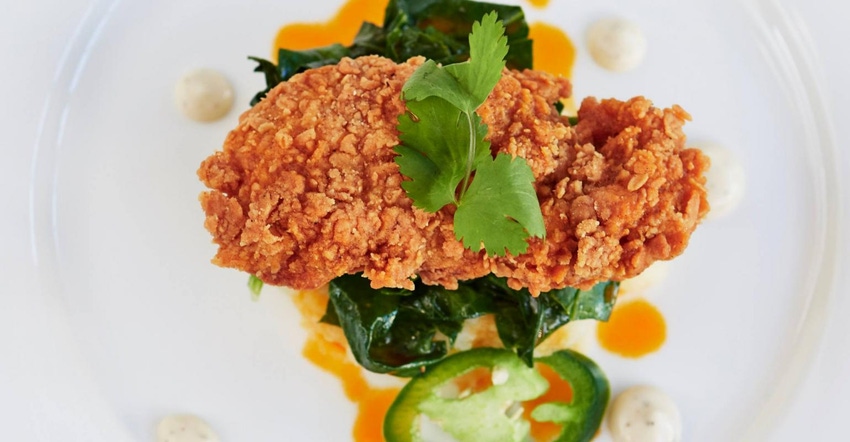PETA and horse racing, rising demand for fake meat, pandemic fear-mongering and disparities between activists.
November 3, 2020

It’s been awhile since I’ve last gauged a pulse of the activities and positions of animal rights activists, fake meat investors and vegan proponents. Nothing they do really surprises me anymore; however, the external threat to take meat, dairy and eggs off the dinner table and strip ranchers and cattle off the land still exists whether we acknowledge it or not.
While I certainly haven’t taken my eye off the election, let’s press pause on that and look at what these actors are doing in the animal agriculture and substitute meat space. Some of these are rather hard to read, but they give us critical insights into where they have their eyes set as they attempt to erode the future of animal agriculture in this country.
1. “PETA buys stock in racetrack in attempt to change horse racing practices” by Camryn Justice for NEWS 5 ABC Cleveland
Justice writes, “People for the Ethical Treatment of Animals (PETA) announced it had purchased stock in the parent company of JACK Thistledown Racino in North Randall in an attempt to get into the boardroom and make a case for ending horse racing at the facility.”
2. “Rising demand for meat drives pandemic risk as well as biodiversity loss and climate change, study says” by Thin Lei Win for Thomson Reuters Foundation
Lei Win writes, “Policy makers should consider levying taxes on livestock production and meat consumption to reduce the risk of future deadly pandemics, international experts said, as they published a study calling for better protection of nature.”
3. “Still eating meat? Don’t be shocked if we face a future of pandemics.” by Anat Georgi for Haaretz Israel News
Georgi writes, “The coronavirus crisis has begun to raise questions about the connection between meat consumption and pandemics. The U.S. Centers for Disease Control and Prevention says animals are the source of 75% of infectious diseases. Most of those animals are consumed or traded by human beings, such as swine, fowl and wild animals.”
4. “Is coronavirus accelerating the growth of plant-based meat?” by Megan Poinski for Food Dive
Of the meat industry, Jan Dutkeiwicz, postdoctoral fellow at Concordia University said, “I think disrupting that model means not even full replacement, but just getting enough people to stop consuming that product to the point where that business model is no longer viable.”
5. “The animal-protection movement is everything that ‘woke’ activism isn’t” by Matthew Scully for the National Review
Scully writes, “There was a time when college-aged activists used to champion such noble and still-urgent causes as saving elephants, whales, Newfoundland’s baby seals, and other creatures from the depredations of their human enemies. These days, cruelty to wildlife is a peripheral concern and the great foe is carbon. In environmental matters, China is again by far the world’s worst influence, whether the problem is CO2 emissions, wildlife destruction, plastic waste in the oceans, or most anything else. But that country gets a pass, and as rule you’re never in big trouble with the environmental lobby unless you’re American and in the business of fossil fuels.
“To take just one example of a neglected global concern, elephants remain as persecuted as ever by poachers serving the Asian ivory market and by what President Trump memorably called the “horror show” of Western trophy hunters. These creatures are not only among the most wonderful and intelligent on earth; they’re also a keystone species whose travails have grievous ecological costs. Yet from our progressive environmentalists, for years we have heard practically nothing about the problem, because they’re too busy redirecting economies, transforming global paradigms, calling out “climate deniers,” and all the rest.”
The opinions of Amanda Radke are not necessarily those of beefmagazine.com or Farm Progress.
About the Author(s)
You May Also Like





